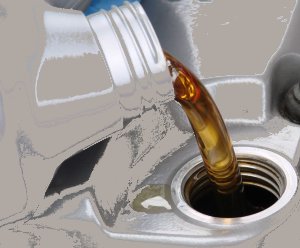
Looking for the best ways to decrease consumption and reduce top-up time? Here are three tips: In case of a lubricant test, you would need to replicate the exact condition of the engine and other car parts. It’s extremely hard to attribute differences in oil consumption to different (but similar) engine oils. So for every 100 L of fuel you burn, you are losing 0.1-0.3 L of engine oil.Įven within the same series of engines consumption may vary: about a fifth of the engines have a significantly higher or lower oil consumption than average.Ĭan I minimise oil consumption by choosing a particular product? In passenger cars, typically 0.1-0.3 % of the fuel consumption is consumed in oil. Differences in engine design cause oil to behave differently, even in newer engines. In addition to the factors above, oil consumption varies from engine to engine.

‘Thin’ oils cause problems like fuel dilution and wear of the piston ring liner.Ībsolutely not. As a result, it is lost through misting and evaporation. ‘Thick’ oil tends to remain on the cylinder wall. Failing to change engine oil in time is another cause for oil consumption.

An engine loses ability to retain the oil as it ages.Cylinders that were not honed properly when the engine was built (or rebuilt), incorrect installation of the piston ring, or other improperly installed parts.Seals and gasket, the bearings, cylinders, ring grooves, connecting rods can be worn or damaged. Oil consumption is sometimes caused by mechanical problems.Here is a popular question when it comes to engine oil among mechanics, lubricants sales reps, consumers, and everyone in between: why does engine oil get used up? Let’s take a look at the 5 most important reasons.


 0 kommentar(er)
0 kommentar(er)
